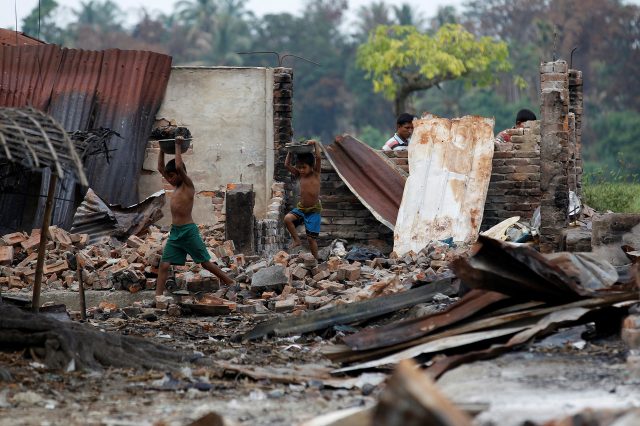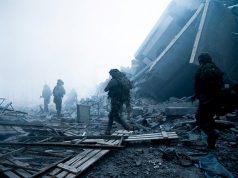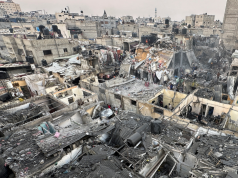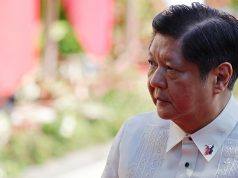
MANILA – Did the Philippine government vote “No” to a draft UN panel resolution denouncing Myanmar for the mistreatment of the Muslim minority in Rakhine state because it was afraid to be hit back with accusations of its own alleged human rights abuses?
Detained Sen. Leila de Lima raised this question Monday, but Foreign Affairs Secretary Alan Peter Cayetano explained the considerations made behind Manila’s casting its lot with nine other UN members in last week’s panel vote at the UN General Assembly, where 135 other states cast “yes” votes and 26 abstained.
According to Cayetano, the Philippines had to balance its role as ASEAN chair even while it had always been active in pushing issues of democracy and human rights in UN circles. The ASEAN includes Myanmar and other Muslim-majority members Indonesia and Malaysia.
A “yes” vote cast by the chair would have polarized ASEAN; hence, the “no” vote, Cayetano said. The Philippine ambassador to the UN, Teodoro Locsin Jr., had said earlier that Manila should have abstained as fellow ASEAN member Singapore did, instead of voting “no”. Locsin was in Manila for the ASEAN summits when the UN panel vote was taken, and the vote was cast by another DFA official, but is expected to participate actively when the matter is raised in plenary.
On Monday, Cayetano said he and Locsin Jr. will be discussing the matter further before Locsin flies back to New York, where, he earlier indicated, he could cast a different vote when the Rohingya issue is raised.
Cayetano indicated to Senate reporters on Monday that the government was choosing only between voting “no” or “abstain” when the UN in plenary takes up the issue, but definitely would not vote “yes.”
In a statement from the PNP custodial center in Camp Crame, de Lima said Monday: “I suspect that the real reason for the government’s “no” vote is not out of diplomacy, but out of fear. It fears that a mirror will be held to its face, and it will be made to see how monstrously it has been treating its own people. It knows that it has lost any moral ascendancy to call out state abuses being committed against its own people. It is not a case of calculated diplomacy, but a case of people saying nothing when they dance with the devil.”
Cayetano said the Philippines had “to assess [the situation] from our point of view. And from our point of view, kung ang objective ay makatulong tayo [if the objective is to be able to help], the best was to vote abstain or no. Mag-uusap pa kami ni Ambassador Teddy Boy []Locsin Jr.] kung ano final vote sa [what the final vote will be in] plenary. Ito kasi sa committee lang to [What we had was just a vote at committee level].
He acknowledged that there were split opinions among officials as to whether Manila should still change its vote from “no” to “abstain.” There are those, “mostly the ones involved in relief work,” who prefer to go “no” all the way in order to seal the trust between the Myanmar government and outsiders, but also ensure access, not just of ASEAN humanitarian agencies but also Filipinos working with the Red Cross.
There are also those who, “because of the title [of the draft resolution] and the implications,” would rather vote to abstain, added Cayetano, though he acknowledged that is seen by some as signalling apathy. “But I can assure all of you that our heart is not only going out to all internally displaced persons for those who are suffering; we are doing what we can and we will do more.”









